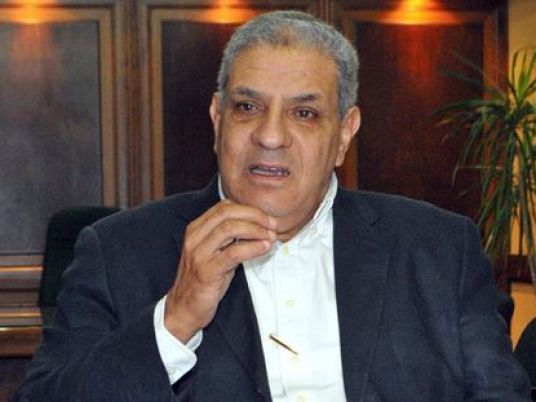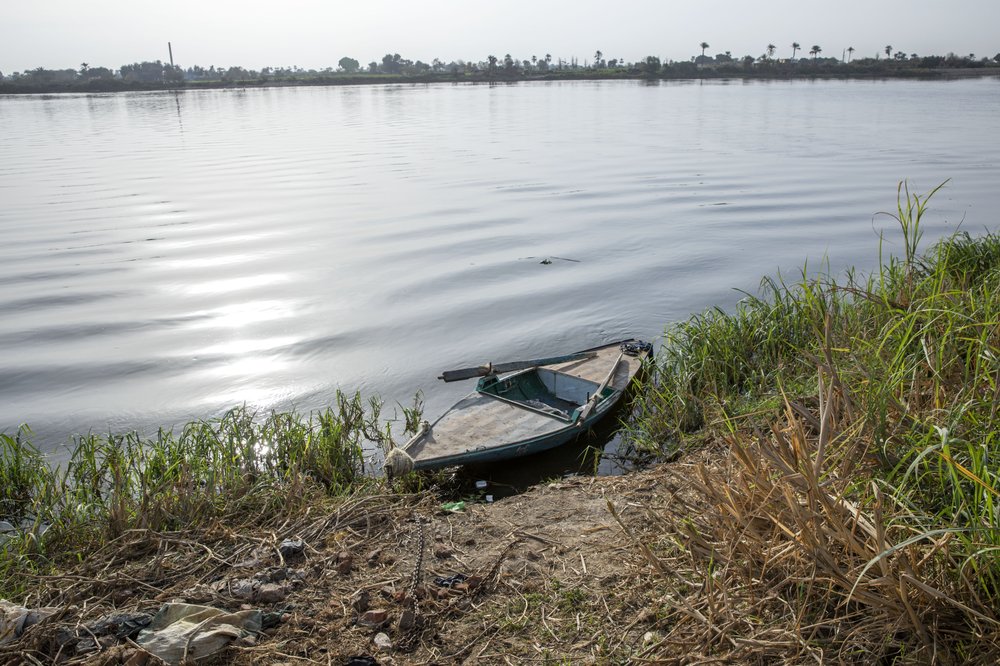
Ibrahim Mehlab, who acted as a housing minister in the recently-resigned Beblawy government, has been officially appointed as Egypt’s Prime Minister following a request that he form a new government.
“The new cabinet will be formed in the coming three or four days,” said Mehlab in a press conference at the presidential palace on Tuesday after a meeting with Interim President Adly Mansour. “We will work together to restore security and safety to Egypt and crush terrorism in all corners of the country.”
Although the defense minister is subect to change, “sovereign ministries such as defense ministry is decided by the president,” he added.
Mehlab graduated with a degree in engineering from Cairo University in 1972 and was an ex-chairman of the Arab Contractors, one of leading construction companies in the Middle East.
Before holding the position of housing minister in Hazem Beblawy government, Ibrahim Mehlab, 65, acted as a member the dissolved National Democratic Party (NDP) chaired by ousted President Mubarak. He was an appointed member of the Shura Council (Parliament Upper House) in 2010.
The new spotlight has caused Mehleb's ties to the Mubarak regime to resurface, stirring discontent especially among supporters of the 25 January revolution.
“Mehlab’s appointment is evidence that Mubarak’s regime is returning back in his new cabinet with the goal of crushing any military opposition and the 25th January revolutionaries,” said a member of the Islamist National Alliance Supporting Legitimacy, who preferred to remain anonymous for security reasons.
Despite this, Mehlab said his not-yet-formed government will work on “addressing the country’s challenges,” including “achieving social justice and getting the subsidy to citizens who deserve it.”
The government of Prime Minister Hazem el-Beblawy resigned on Monday after Egypt's ailing economy has been grappling with a spate of ongoing labor strikes across multiple sectors that include textile workers, physicians, postal workers, public transport workers and low-ranking police officers.
Many political analysts speculate the resignation of the government is a way to avoid dealing with difficult labor issues that have been plaguing the country for years. Disgruntled workers have been clamoring for better pay and working conditions and say the government has done little to meet their longtime demands or implement the recently passed minimum wage for public sector workers.
Mehlab slammed workers who are demanding minimum wages, pleading with them to end their strikes as the country will not go forward without production. “I bet on their patriotism,” he said.
Beblawy was appointed in July after the army overthrew former President Mohamed Morsy from power following nation-wide protests against Muslim Brotherhood rule; he was in charge of the bloody break up of Rabaa al-Adwaya’s pro-Morsy sit-ins last August, in which almost 600 mostly peaceful demonstrators were killed and many more injured.
The timing of the cabinet reshuffle has come when the country is worst hit by terrorism acts that mainly target police and army officers after a tough crackdown on Muslim Brotherhood and Morsy supporters, let alone the tourism industry that was a last resort to recover the already ailing economy.
Beblawy’s resignation came a few weeks before declaring the presidential poll in mid April. Some view such surprise move is meant to allow the army chief Abdul Fatah el-Sisi to enter civilian life in order to run as a candidate in upcoming presidential elections.
Government officials, however, are still keeping the true reasons behind the mass resignation. “There is information behind the decision of the resignation and it is better not to disclose it,” Beblawy said in a televised speech on Monday.
Outgoing Minister of Higher Education Hossam Essa said he does not know the reason behind the resignation at this time.




